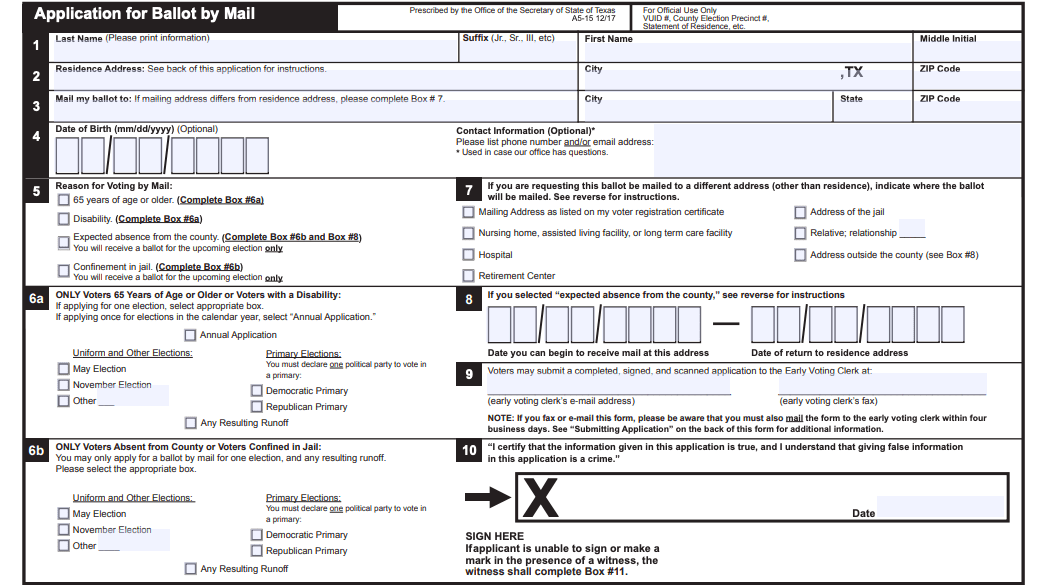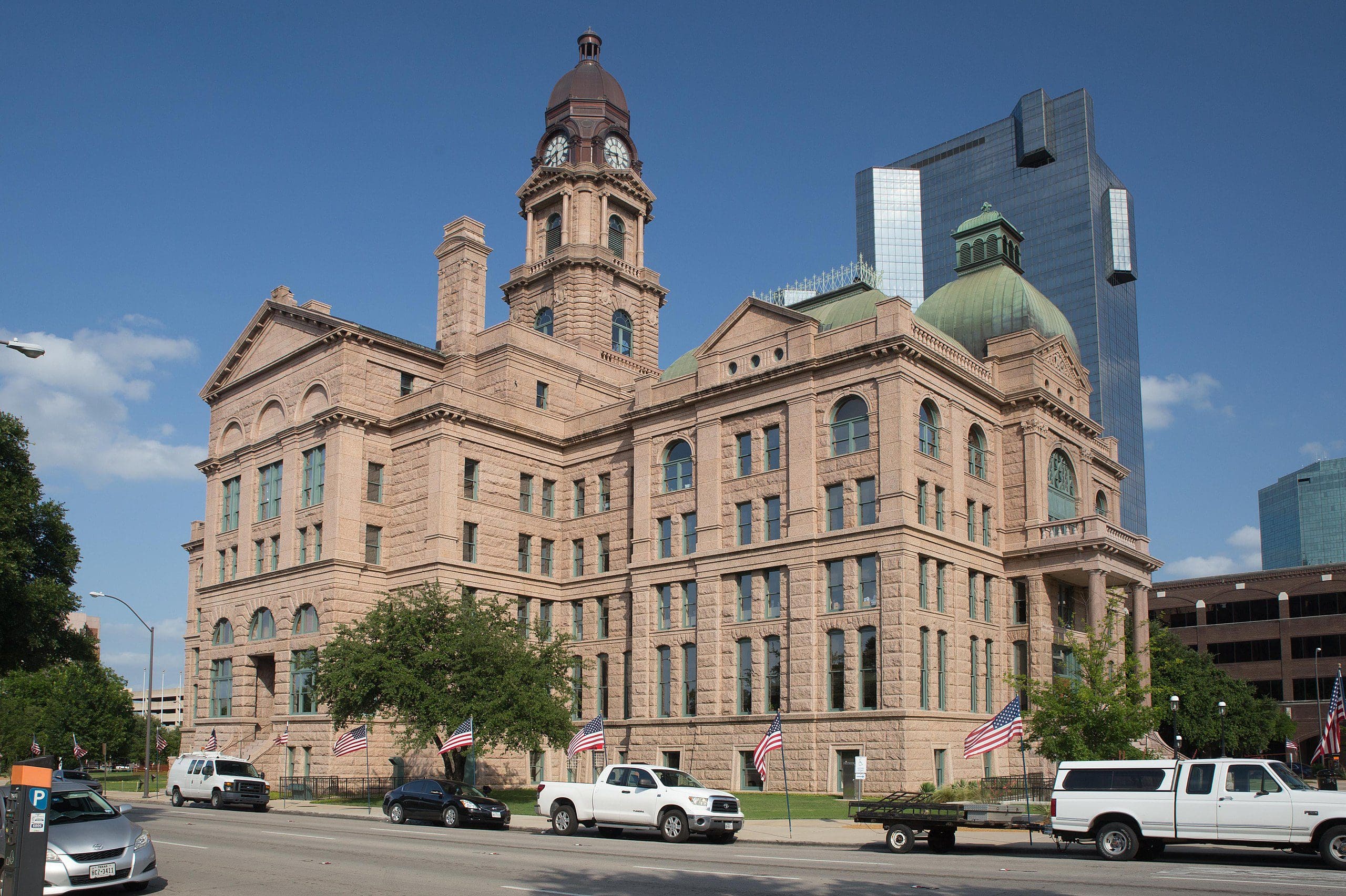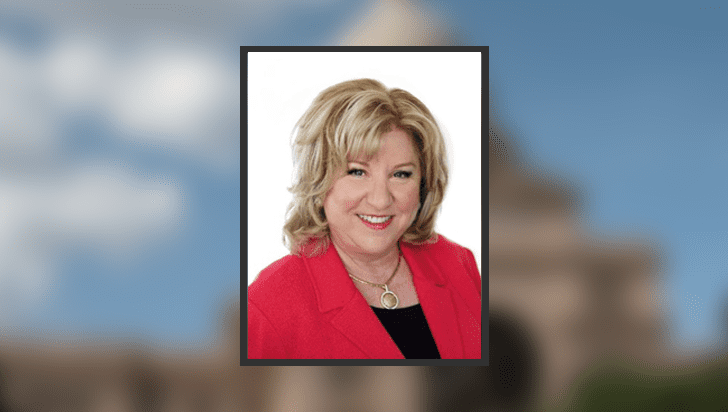South Texas authorities are once again looking into allegations of mail ballot fraud, as vote harvesters begin plying their trade ahead of primary election season.
Officials confirmed with local media last week that Starr County’s Special Crimes Unit is reviewing several suspected voter fraud cases involving suspicious mail ballot applications. Similar investigations in 2018 led to multiple arrests.
“People [need] to be aware of the politiqueras who are going into their houses to try and take their ballots when the election season starts,” Brenda Lee, the county attorney’s law enforcement liaison, told KRGV.
Politiqueras are campaign workers who operate throughout Texas’ Rio Grande Valley, making money by “harvesting” mail ballot votes for candidates. First, they collect ballot applications from voters. Then, when ballots are delivered to voters in the mail, they visit voters’ homes to help fill out and return the ballots.
The more ballots politiqueras can deliver, the more money candidates will pay the harvesters.
Yet not every voter can legally cast a mail-in ballot. In Texas, only voters who are age 65 or older, disabled, or out of the county or in jail during an election are eligible to vote by mail.
It’s illegal to fill out a false application or ballot for someone who doesn’t qualify. It’s also illegal to assist a voter who doesn’t ask for or need help.
Texas passed a law in 2017 that made it a state jail felony to provide false information on a ballot application or submit an application without a voter’s permission. Gov. Greg Abbott championed the reform after a coalition of grassroots conservatives urged him to add it to his call for a special session that year.
When the new law went into effect, Starr County District Attorney Omar Escobar began to proactively investigate suspicious mail ballot applications. “Our legislature has given us a very clear mandate to begin and try to prevent voter fraud,” he said.
Ahead of the March 2018 primary, the county’s elections office received an unusually high number of ballot applications with “disability” checked as the reason for voting by mail—something elections administrators have no way to verify.
Escobar enlisted help from the SCU and other law enforcement to investigate the potential fraud while the election was ongoing. They discovered harvesters were falsely checking “disability” on ballot applications of voters who aren’t disabled, without the voters’ knowledge.
The illegal vote harvesters were arrested and charged with election crimes, and fraudulent votes were stopped before they were counted—a proactive strategy Starr County looks to be continuing in 2020.
Not all vote harvesters cross the line into illegal voter assistance or falsifying ballot documents, but Escobar says most mail ballot fraud is committed by politiqueras.
“That [the right to vote] can be hijacked by some politiquera who is doing this for money is completely disgusting,” Escobar says in a video exposing election fraud and corruption in the RGV, released by the Texas Public Policy Foundation last month.
The problem isn’t isolated to South Texas. A spike in mail ballot applications marked “disability” was also discovered in Gregg County’s 2018 Democrat primary. Over the past few years, authorities have prosecuted organized illegal mail ballot harvesting in Dallas, Nueces, and Tarrant counties. An extensive investigation in Tarrant by the watchdog group Direct Action Texas alleged thousands of applications and carrier envelopes for mail ballots were submitted with fraudulent signatures, made illegally by harvesters rather than voters.
And mail ballot fraud is only part of the problem, Escobar said last month during a discussion of election integrity issues at Texas Public Policy Foundation’s 2020 Policy Orientation.
“At some point, the ‘mail-in mafia’ will begin to diminish, and you’re going to start to see more of this other kind of fraud happen, where people are getting assisted—who don’t need assistance—in the polling location,” he said.
Fake voter registrations are another avenue for organized election fraud. In the city of Edinburg in Hidalgo County, 22 suspects—including Mayor Richard Molina—are charged with participating in a scheme to illegally register people living outside the city to vote in the 2017 mayoral election. The suspects are still awaiting trial.
Texans have a right to cast their ballots without the intimidating influence of political operatives paid for by corrupt politicians. Voters with questions or concerns can contact their local elections office or the Texas Secretary of State Elections Division.





